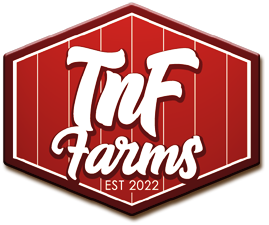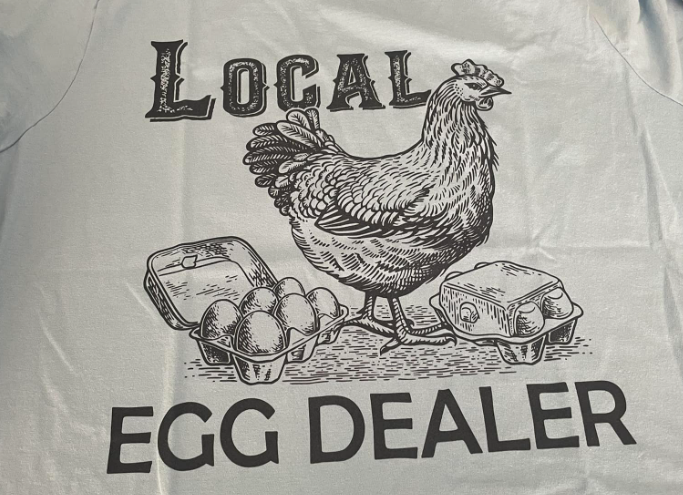Farmers Markets in the Modern Age: Harnessing Technology for Growth and Sustainability
Farmers markets, those vibrant hubs of local commerce and community, have been a staple of towns and cities for centuries. Traditionally, they’ve been places where farmers and artisans come together to sell fresh produce, handmade goods, and create a sense of connection. In today’s fast-paced, digital world, these markets are evolving to meet the demands of a modern society. This article explores how farmers markets are adapting and thriving in the digital age through the integration of technology.
The Digital Transformation of Farmers Markets:
- Online Presence: In the modern age, a strong online presence is vital. Farmers markets now have websites and social media profiles to reach a broader audience. These platforms provide information on vendors, schedules, and special events. They also serve as marketing tools, allowing markets to promote themselves to a wider demographic.
- E-Commerce and Pre-Orders: Many farmers markets have embraced e-commerce platforms, allowing customers to pre-order products online. This convenience benefits both vendors and shoppers. Farmers can better predict demand, reducing waste, while consumers can secure their favorite products in advance.
- Mobile Apps: Some farmers markets have developed mobile apps that offer features such as vendor maps, event calendars, and even the ability to place orders for pickup. These apps enhance the shopping experience and provide real-time information to visitors.
- Digital Payment Options: To accommodate the increasing preference for cashless transactions, farmers markets now accept digital payments like credit cards, mobile wallets, and online payment platforms. This flexibility simplifies the shopping process and broadens the customer base.
Benefits of Embracing Technology:
- Increased Visibility: Technology allows farmers markets to reach a larger audience, attracting visitors who might not have otherwise known about the market’s existence.
- Data-Driven Decision-Making: Farmers markets can collect data on consumer preferences, buying patterns, and peak shopping times. This information helps vendors tailor their offerings and improve their business strategies.
- Reduced Food Waste: By offering pre-order options and using data to estimate demand, farmers markets can reduce food waste, a critical concern in today’s world.
- Improved Customer Experience: Technology enhances the overall shopping experience, making it more convenient and enjoyable for customers. They can plan their visit, find their favorite vendors, and discover new ones with ease.
- Sustainability: With digital tools, farmers markets can promote sustainable practices. For example, they can provide information about environmentally friendly farming methods or encourage customers to bring their reusable bags and containers.
Challenges and Considerations:
While technology offers numerous benefits, there are challenges and considerations that farmers markets must address:
- Digital Divide: Not all vendors and shoppers may have access to or be comfortable with technology. Farmers markets should strive to be inclusive and accommodate various preferences.
- Data Security: Handling customer data and digital transactions requires robust security measures to protect against cyber threats and data breaches.
- Maintaining Authenticity: Farmers markets should embrace technology without losing their unique charm and authenticity. Balancing tradition with innovation is key.
In the modern age, farmers markets are thriving by integrating technology into their operations. From online presence to mobile apps and digital payment options, these markets are embracing the digital transformation to remain relevant, sustainable, and appealing to a new generation of consumers. As technology continues to evolve, farmers markets will undoubtedly find innovative ways to enhance the shopping experience while preserving the essential elements of community, sustainability, and fresh, locally sourced products that make them so special.



